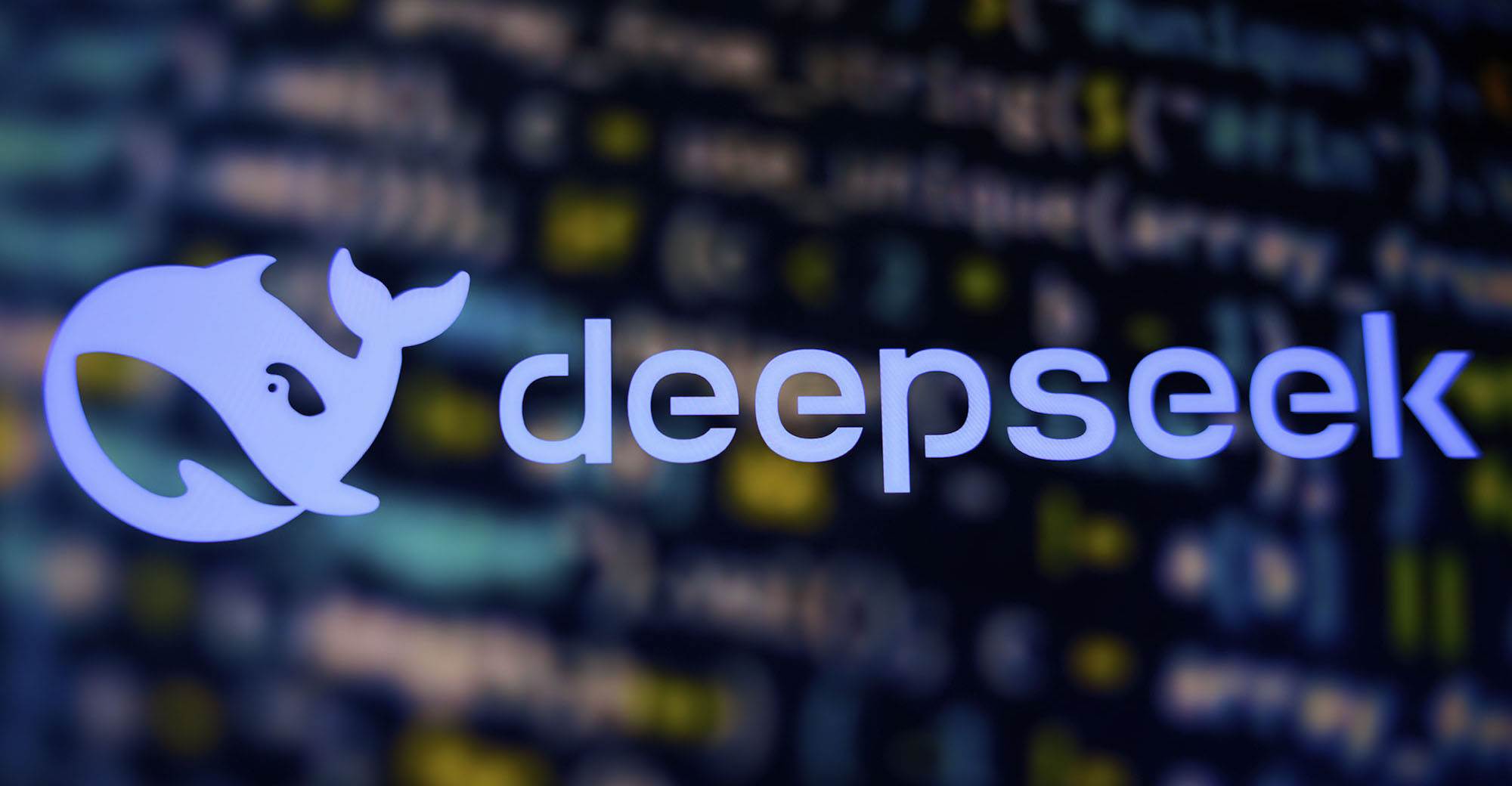
China Needs to Accelerate Developing General Cognitive Models
ChatGPT has garnered widespread attention around the world, and the "large model" concept that underpins it has generated significant interest.
Showing 12 of 17 posts with this tag

ChatGPT has garnered widespread attention around the world, and the "large model" concept that underpins it has generated significant interest.

On Friday, DeepSeek announced that it will gradually open source five code libraries starting next week, unlocking new content each day for the next five days.

OpenAI has stopped providing API services to China, and Chinese large model companies are launching 'relocation plans' one after another.

On March 8, Wang Xing, CEO of Meituan, revealed that he would participate in the A round financing of Wang Huiwen's AI startup and serve as a director. Wang Huiwen retired as senior vice-president of the Chinese food delivery company in 2020.

Netease Digital Sail releases conversational BI products, attempting to seize the opportunity of vertical large-scale models.

A domestic self-media referred to the young genius Xie Saining, who graduated from SJTU, as the inventor of Sora. Xie Saining himself has officially denied this, saying that he has "no relationship at all" with Sora.

Since the global surge in use of ChatGPT, a prototype chatbot developed by San Francisco-based artificial intelligence lab OpenAI, many related mini-programs have appeared on Tencent's WeChat app popular in China, although they now appear to have been restricted.

ByteDance emphasized their commitment to adhere to OpenAI's terms of use and are in communication with OpenAI to clarify any misunderstandings.

On September 25th, Baichuan AI released the closed-source large model Baichuan2-53B.

After OpenAI revolutionized the model training paradigm with the o1 model in September last year, major model companies in China began to fulfill industry expectations at that time, forming a certain scale of follow-up trend for o1-class models.

Microsoft Azure OpenAI will stop providing services to individual developers in mainland China, but enterprise users can still continue using the service.

On May 15, Microsoft responded to reporters, stating that only a small number of employees currently have the opportunity to choose international rotation.